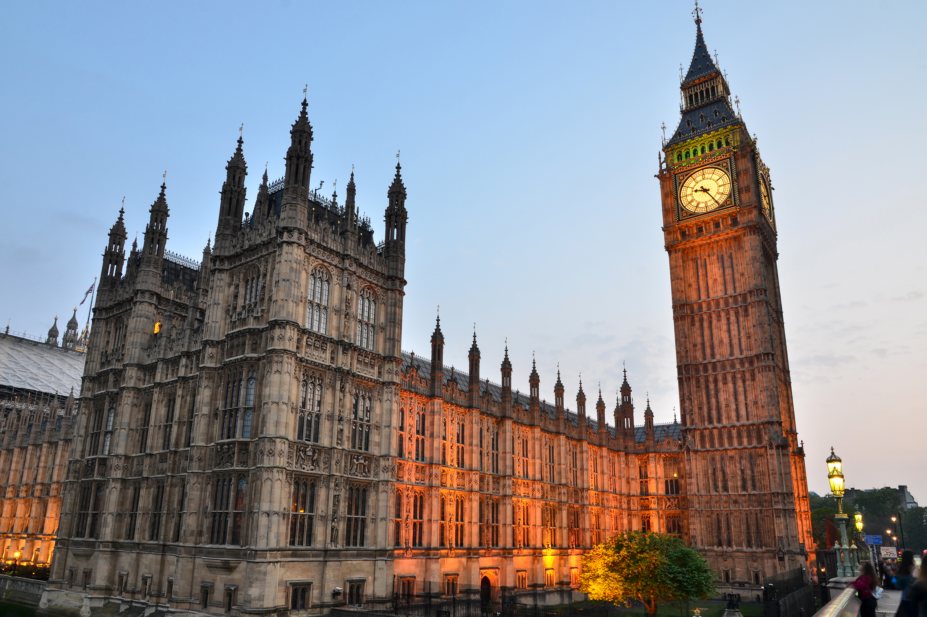
Shutterstock.com
A ‘no-deal’ Brexit could lead to recruitment difficulties for pharmacies, pharmacy bodies have told the House of Commons health and social care committee.
Potential disruption to the UK’s medicines supply, drug price increases and the implementation of the Falsified Medicines Directive (FMD) were also identified as concerns if the UK were to leave the EU without a deal.
The committee’s inquiry into the impact of a ‘no-deal’ Brexit on health and social care received responses from more than 70 UK healthcare organisations, including the Pharmaceutical Services Negotiating Committee (PSNC), the National Pharmacy Association (NPA), the Company Chemists’ Association (CCA) and the Association of the British Pharmaceutical Industry.
In its response, the CCA said that, according to the General Pharmaceutical Council’s latest registration data, there are more than 3,500 pharmacists and pharmacy technicians trained in other parts of the European Economic Area (EEA) currently registered to practise in England, Scotland and Wales.
The CCA statement noted that an increase in the number of employment opportunities, compounded by a decrease in the number of students entering pharmacy schools and a significant decrease in applications to join the register from EEA-trained pharmacy professionals, could make it increasingly difficult for community pharmacies to recruit certain posts in the short-to-medium term.
“We must ensure that the health and care workforce strategy for England to 2027, currently in development by Health Education England, takes into account these challenges to ensure we have a sustainable supply of pharmacists, pharmacy technicians and other health and care professionals,” it said.
The NPA agreed that Brexit could make pharmacist recruitment processes harder and said it could potentially diminish the UK’s attractiveness as a place of study for “EU-domiciled” pharmacy students and its role in life sciences research.
The PSNC also said that “there could be a shortage of pharmacists due to fewer registrations from Europe and, in the longer term, the attractiveness of the UK as a place for overseas pharmacists to register needs to be considered and a no-deal Brexit may have an adverse effect”.
However, the PSNC’s main concern of a no-deal Brexit was the impact it could have on the availability of medicines to patients via community pharmacies, in particular those with special storage requirements.
The CCA expressed similar concerns around medicines supply and said it was also worried about the risk of price increases owing to fluctuations in currency, border tariffs and “speculative trading” which, it said, “could have a financial consequence for community pharmacy in the UK and for the NHS”.
The British Generics Manufacturing Association told the committee that businesses had already borne “significant costs” from preparing for Brexit.
It said that a member survey had shown that the costs incurred had ranged from “the tens of thousands to £2m to £3m per company”, and that costs were expected “to escalate the longer uncertainty continues”.


